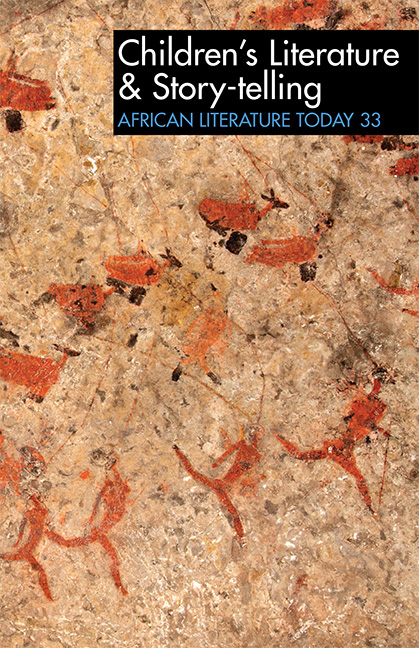Contemporary Nigerian Children’s Literature: A Study of Ifeoma Onyefulu
Published online by Cambridge University Press: 22 May 2021
Summary
The reality confronting many contemporary African societies is that many of their values have been lost over the years, and more are steadily fading off through the combined impact of colonization, Western education, foreign religions and civilizations, modernity and globalization. Nigeria is prominent in this context. As a result of these trends, recent generations of Nigerians, particularly the children, hardly know about the traditional practices of their people, or realize the critical essence of those practices, or appreciate the uniqueness and pride in being Nigerian, living in Nigeria, and the difference involved in being a Nigerian in the diaspora. To check this trend, and to ensure that the Nigerian spirit is not obliterated among future generations of Nigerians, Ifeoma Onyefulu recaptures in her writings for children, Nigerian cultural values, traditional practices and mores, patterns of education and other inheritances. This study examines the sociological perspective of Onyefulu's corpus of children's stories to establish the essential role that each story performs in the establishment and sustenance of the Nigerian experience and spirit, even among Nigerian children raised in the diaspora.
Story-telling is oral tradition, and it is essential in many cultures. As in other parts of the world, story-telling has been practised all over Africa. The stories, which usually include tales of exploits, folktales, legends, epics, riddles, also seek to preserve the history and customs of the people. This study focuses on story-telling in Nigeria as captured by Ifeoma Onyefulu, a Nigerian who is resident in England. The study gains relevance from the fact that Onyefulu makes considerable use of real life photographs to support her narratives, thereby injecting reality into her stories and making the readers confront the objects of the stories. Story-telling is a significant practice in Nigeria because Nigerians in the remote past had no form of writing by which to preserve their stories about their land, the people and their evolution as well as their traditions. Consequently, the databases for the preservation of the stories were all oral and passed from person to person and from generation to generation. Other forms of preservation of the people's values were through mnemonics, carved symbols, sculpture and other material story-prompts, and ancient scripting.
- Type
- Chapter
- Information
- ALT 33 Children's Literature & Story-tellingAfrican Literature Today, pp. 17 - 30Publisher: Boydell & BrewerPrint publication year: 2015



